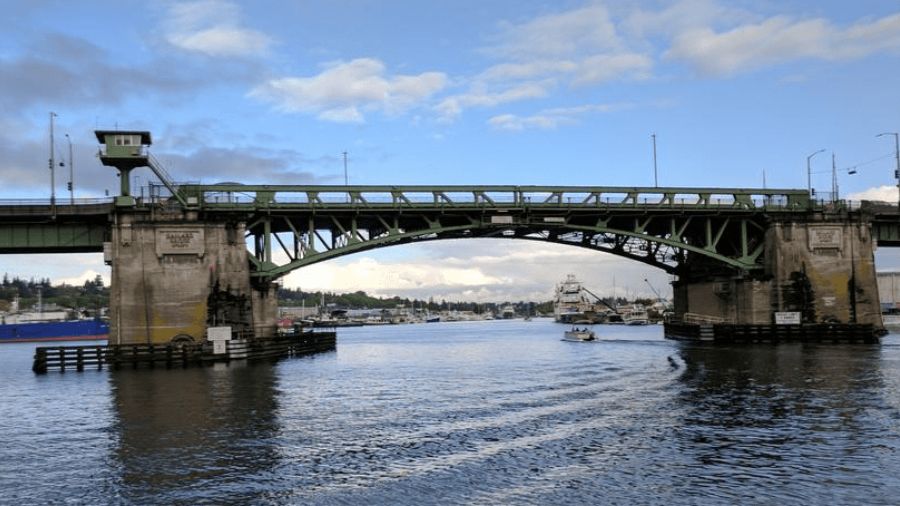Gas prices have been creeping up, but who’s responsible?
Jan 20, 2023, 10:22 AM | Updated: Jan 23, 2023, 8:29 am

(AP Photo/Matt Rourke)
(AP Photo/Matt Rourke)
Gas prices are on the rise again in Washington, and it doesn’t have anything to do with the war in Ukraine or supply issues in the United States. It’s likely due to new climate policies that went into effect this month.
The , which charge gas suppliers for their impact on the environment, went into effect Jan. 1. They were passed during the last legislative session to help pay for the $17 billion transportation package.
Will WA Legislature move towards pay-by-mile system?
While not directly raising the gas tax, these fees charged to suppliers are expected to be passed on directly to consumers at the pump. During last year’s debates, the actual cost of the increase varied wildly. Some said it wouldn’t raise gas prices at all. Others claimed it would raise prices by more than a dollar per gallon at the pump.
That actual number won’t truly be known until next month when the first carbon allowance auctions occur. That’s where these suppliers will find out how much per metric ton of carbon emissions they will have to pay.
“For every gallon of gas, fuel distributors have to buy an allowance from the state. The price of that allowance is yet to be determined because it’s done at auction, but the minimum price is 22 dollars per metric ton, which calculates to 17 cents a gallon,” Myers said.
The Washington Policy Center’s Todd Myers says the price at the pump has already gone up 10 cents in Washington since this law took effect three weeks ago, and there has been no corresponding jump in prices elsewhere on the West Coast.
I noticed the station I track on the way to work has gone up more than ten cents in the last week.
But Joel Creswell with the Department of Ecology says it’s too early to blame new carbon taxes for the rise in prices at the pump.
“It’s pretty hard to tease out exactly how much of a bump up or bump down in gas prices at the pump is due to any specific policy,” Creswell said.
Creswell blames gas stations for profit-taking and blames the policy.
“Some companies are putting anticipatory surcharges on there in anticipation of greater costs, but some of them are pretty out of line with what we expect for the compliance costs,” Creswell continued.
But Meyer says companies are just protecting themselves since the actual costs haven’t been determined.
“Fuel distributors are basically guessing, they’re flying blind,” Myers said. “They don’t know what the cost is, so some are raising prices quite a bit, some not at all.”
Governor Inslee was asked by ����Xվ Newsradio political correspondent Matt Markovic about this, where he claimed that gas distributors were way out of line.
“The oil and gas industry’s projections on any of this are halfway between hogwash and baloney,” Inslee said.
I checked with Google Maps, and I believe that puts us near malarkey.
Inslee, who pushed for these carbon taxes, says that this is just an example of companies using the tax as an excuse to sneak higher and higher profits.
“To blame price increases in Arkansas, New York, and Connecticut on Washington climate laws is nuts,” Inslee said.
Of course, no one is comparing our gas prices to New York. They are being compared to our regional markets along the West Coast.
The bottom line is this, we are paying more at the pump right now, and it is likely we will continue to pay increasing prices as this system works itself out.
Check out more of Chris’ Chokepoints.












